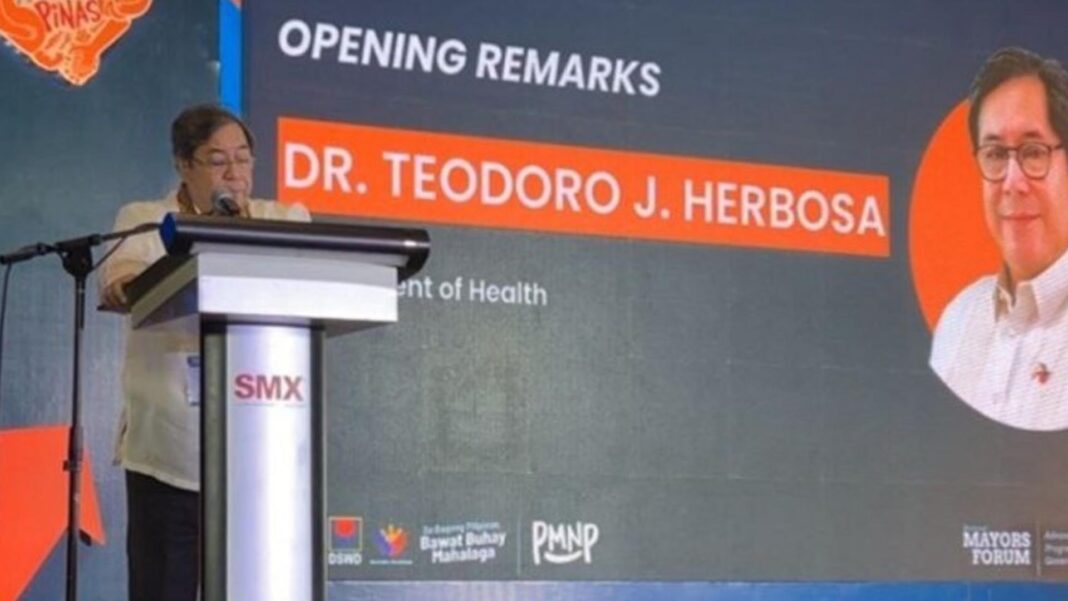Department of Health (DOH) Secretary Ted Herbosa on Wednesday reminded local chief executives that the fight against malnutrition is not solely the task of the national government, but a responsibility shared with local government units (LGUs).
In his speech at the Philippine Multisectoral Nutrition Project (PMNP) Mayor’s Forum 2025, Herbosa emphasized that LGUs play a critical role in delivering nutrition and health services directly to communities.
“Mga minamahal na punong bayan, kayo ang tagapagligtas ng kinabukasan (Beloved mayors, you are the saviors of the future). As your Secretary of Health, I have witnessed mayors who turned broken systems into working solutions, who refused to let poverty dictate destiny,” he said.
“The PMNP is our shared platform for transformation. In our pursuit of achieving our National Objectives for Health, we have placed nutrition at the center of our efforts as one of the eight priority health programs, with the goal of reducing stunting to 13.5 percent,” he added.
The DOH official highlighted three initiatives for the 235 LGU representatives to focus on: emergency preparedness and disaster response spearheaded by the DOH Health Emergency Management Bureau; smoke- and vape-free campaigns and other community health efforts by the DOH Health Promotion Bureau; and anti-stunting and anti-malnutrition programs of the National Nutrition Council.
Apart from the LGU representatives, officials from the Department of Social Welfare and Development and the Department of the Interior and Local Government attended the ongoing National Mayors Forum 2025 and the Nutrition Leadership and Governance Executive Masterclass under the PMNP.
The initiative aims to align the priorities of national agencies and LGUs in strengthening community-based actions to reduce malnutrition and improve health outcomes across cities and municipalities.
Through enhanced multi-sectoral collaboration, the national government aims to lower malnutrition rates and achieve long-term improvements in public health, particularly among vulnerable populations. (PNA)


